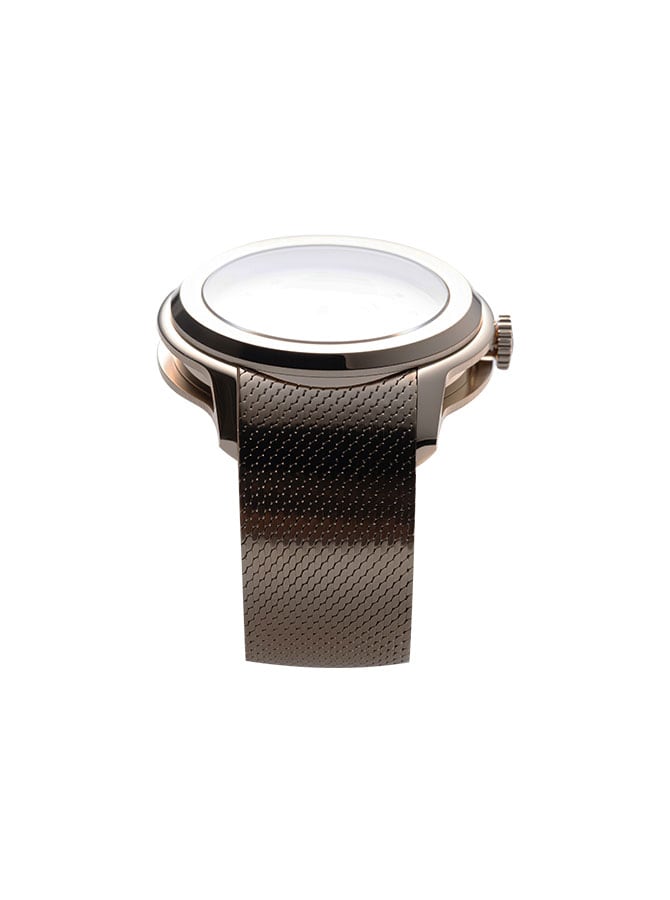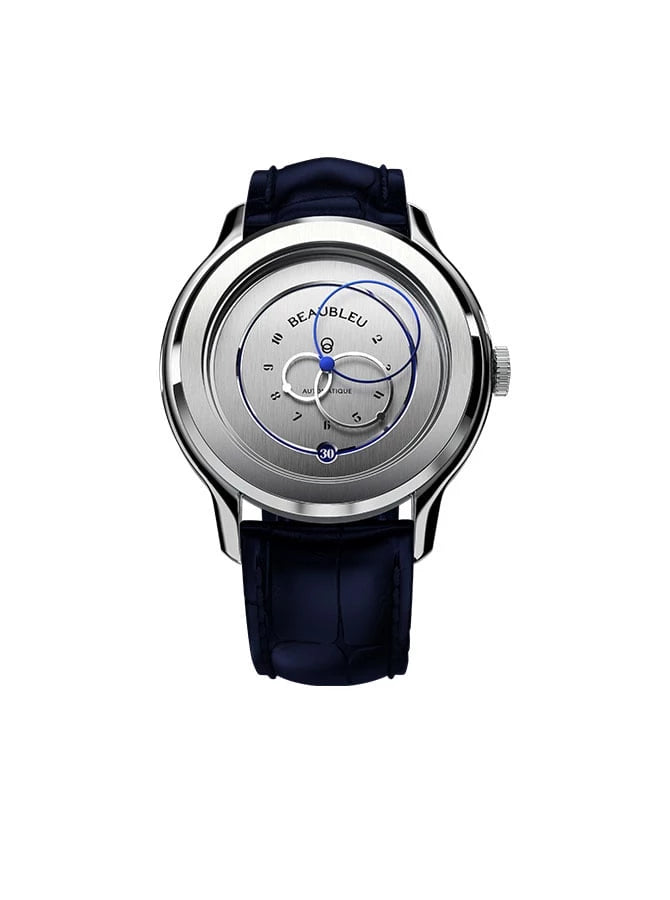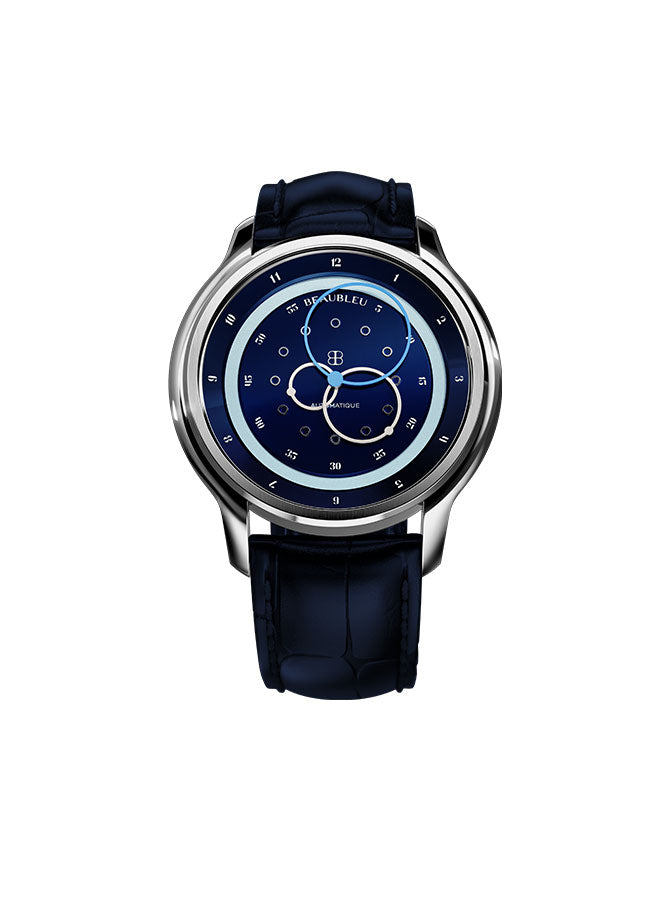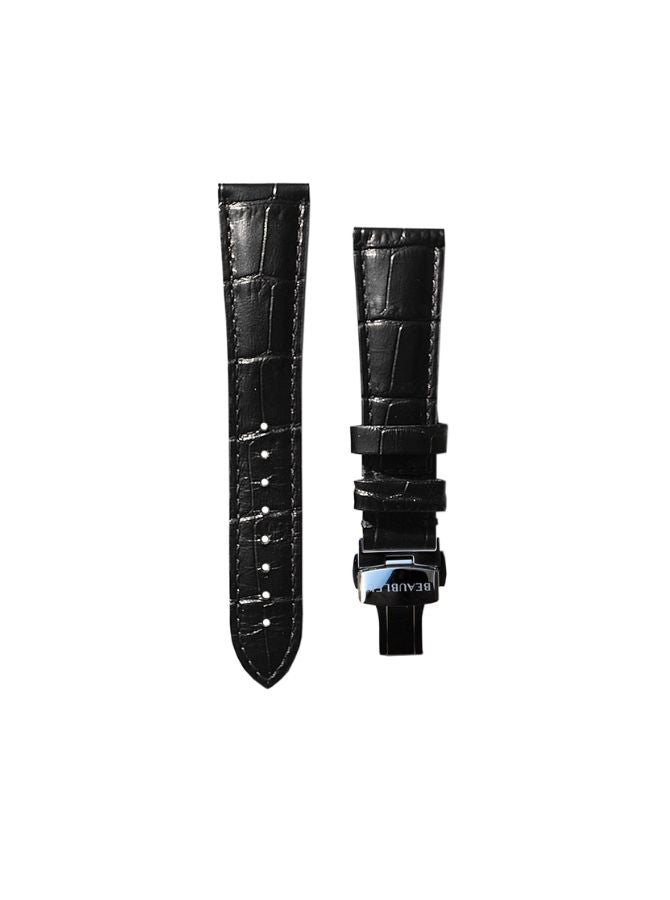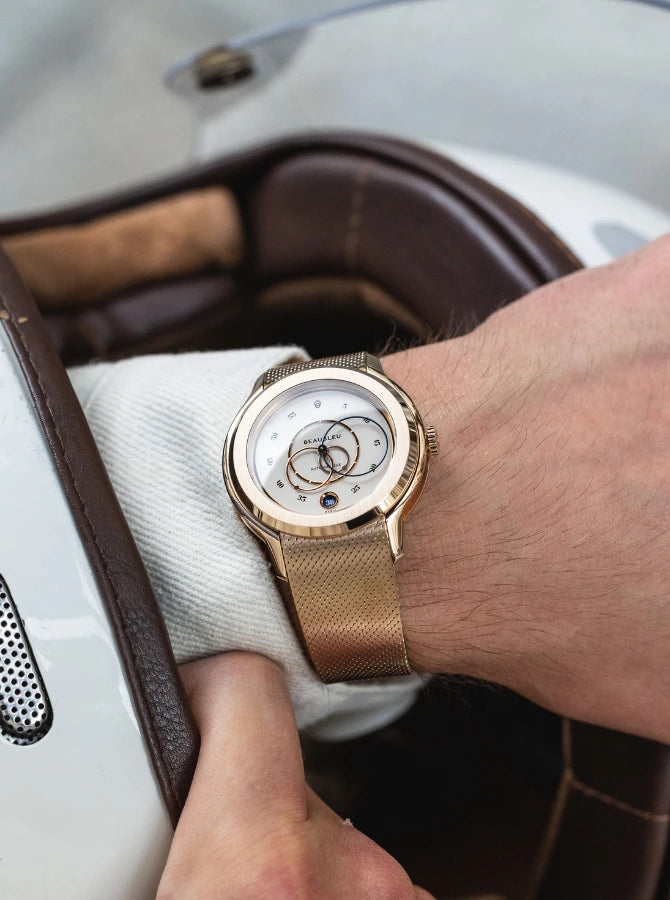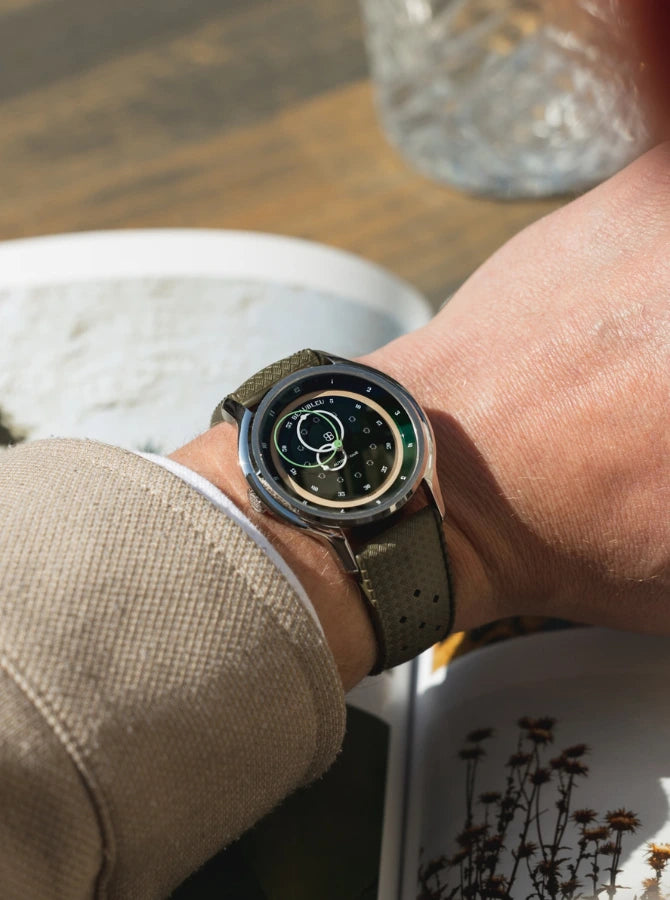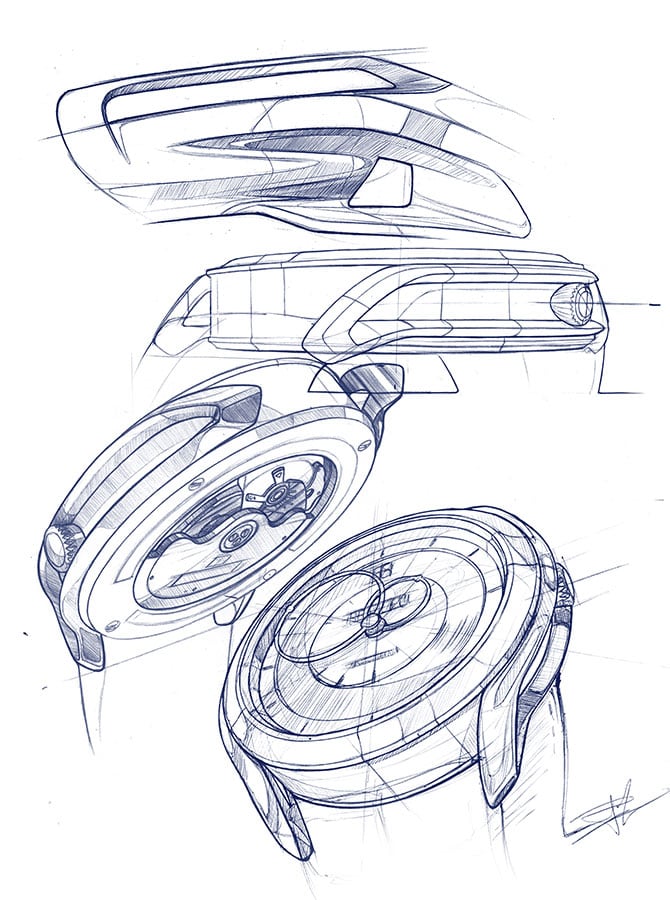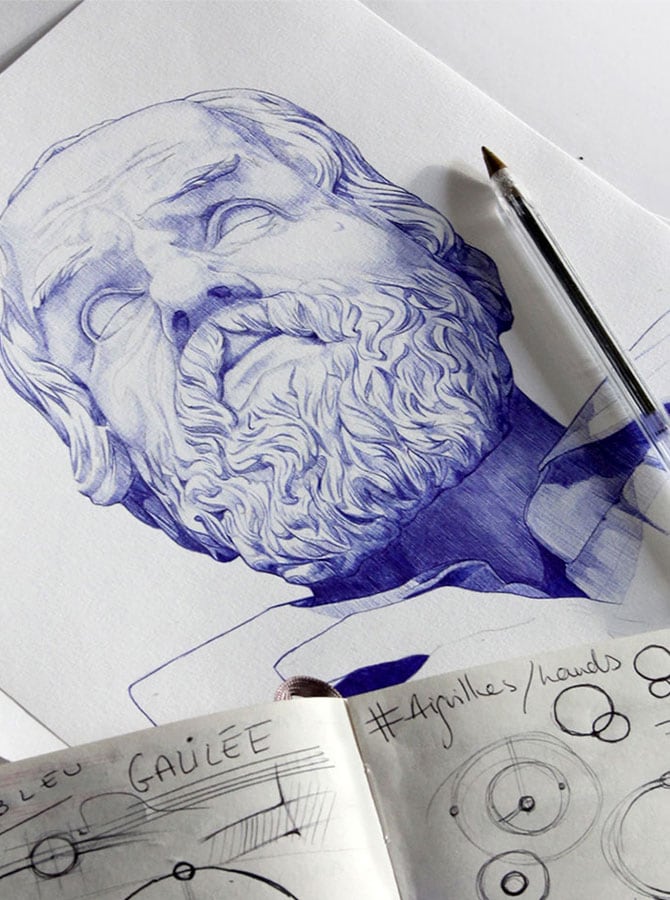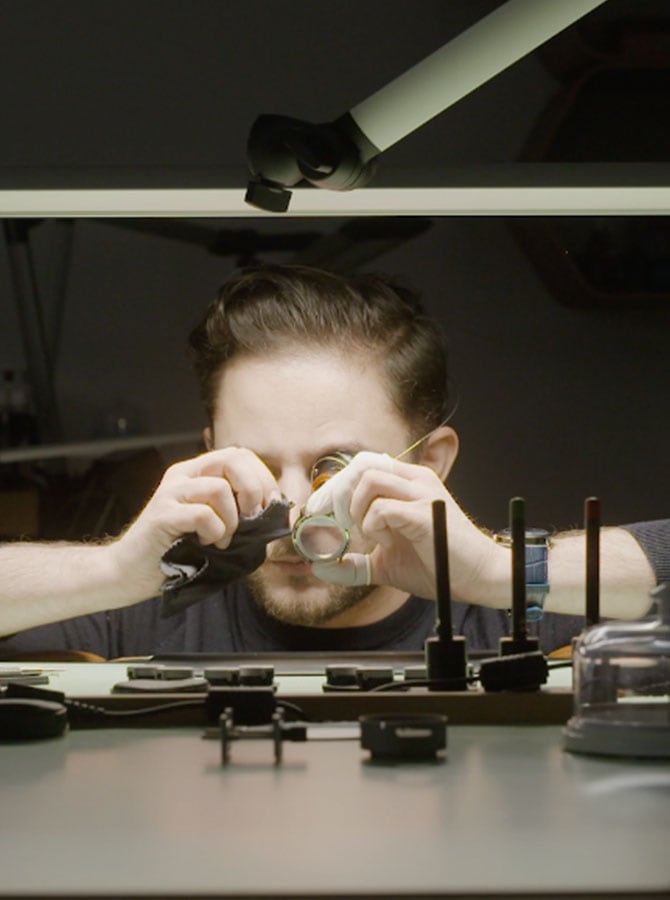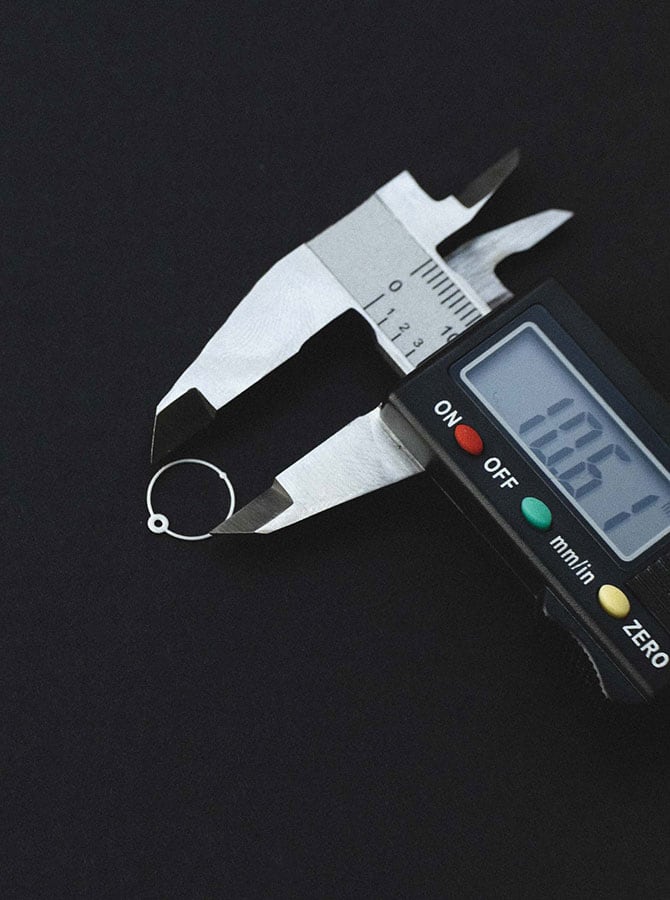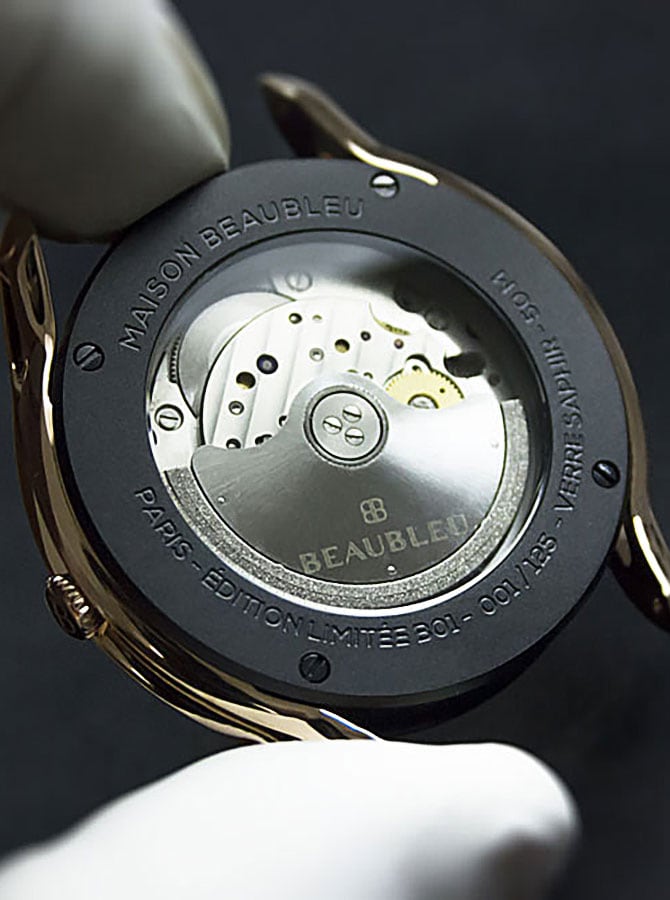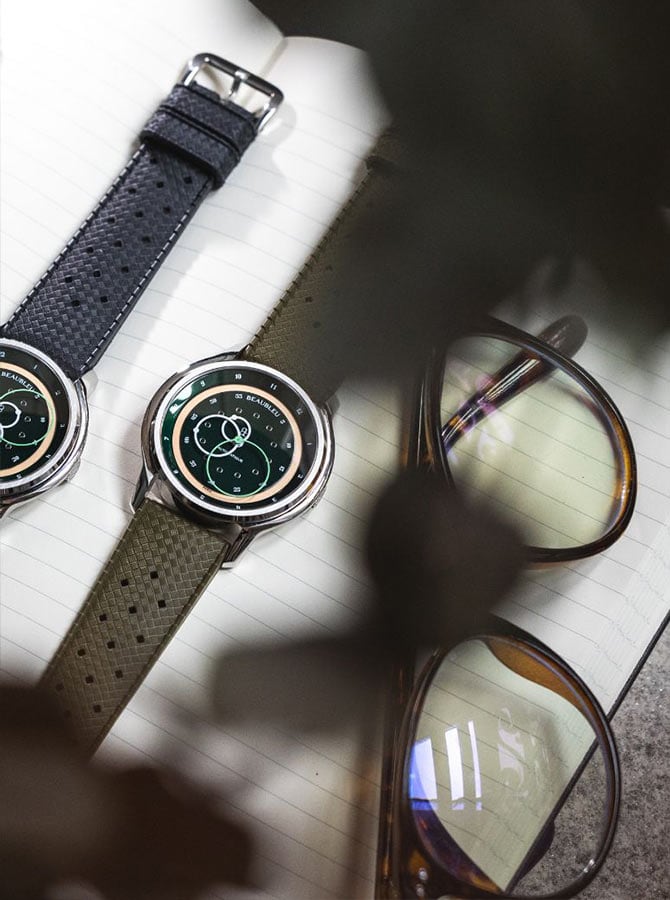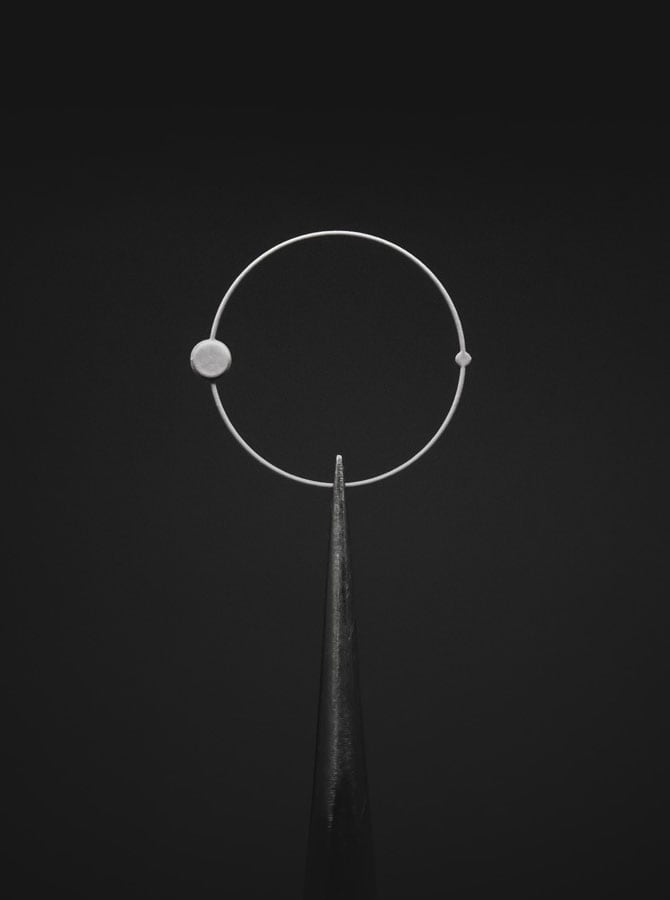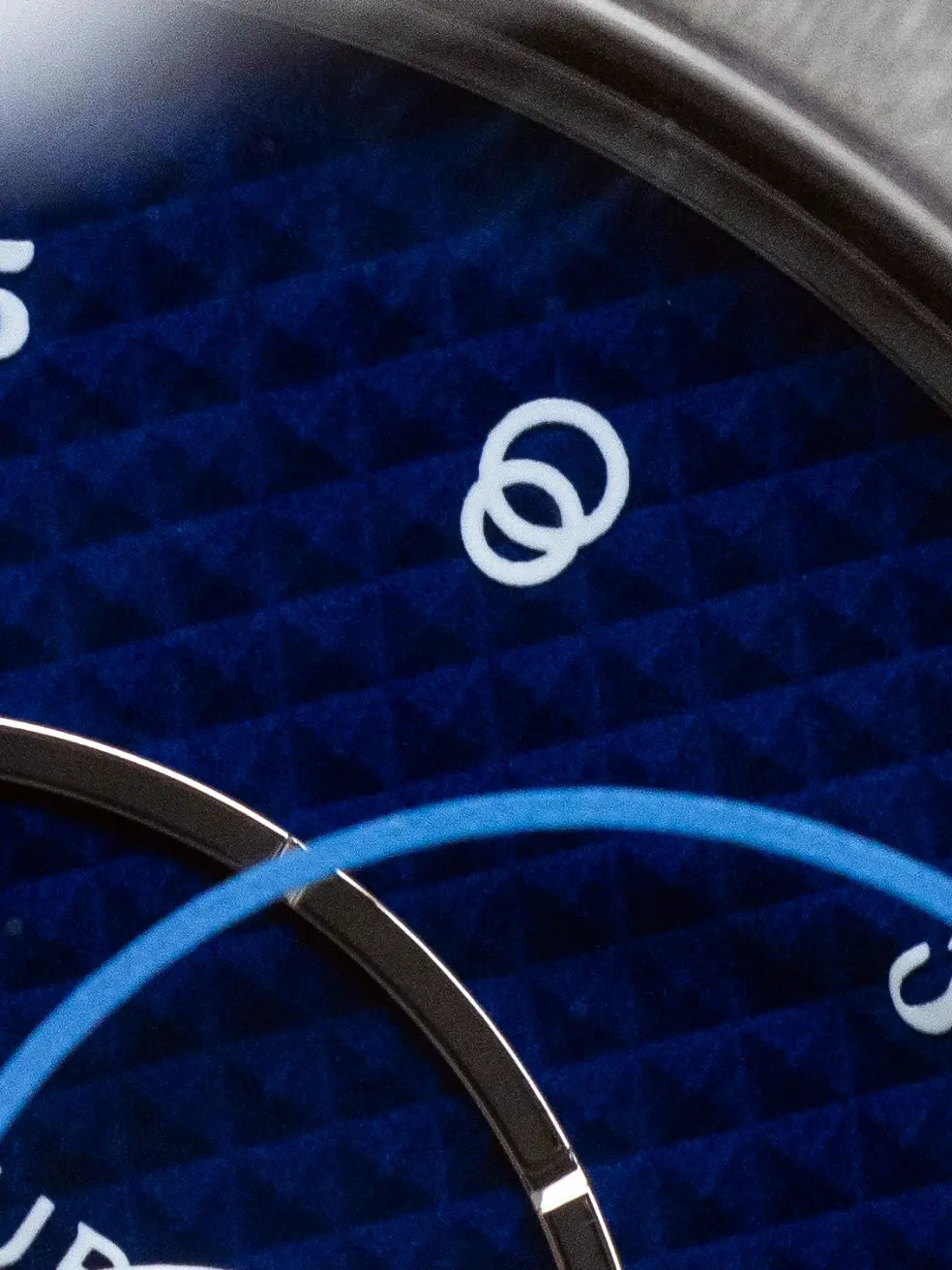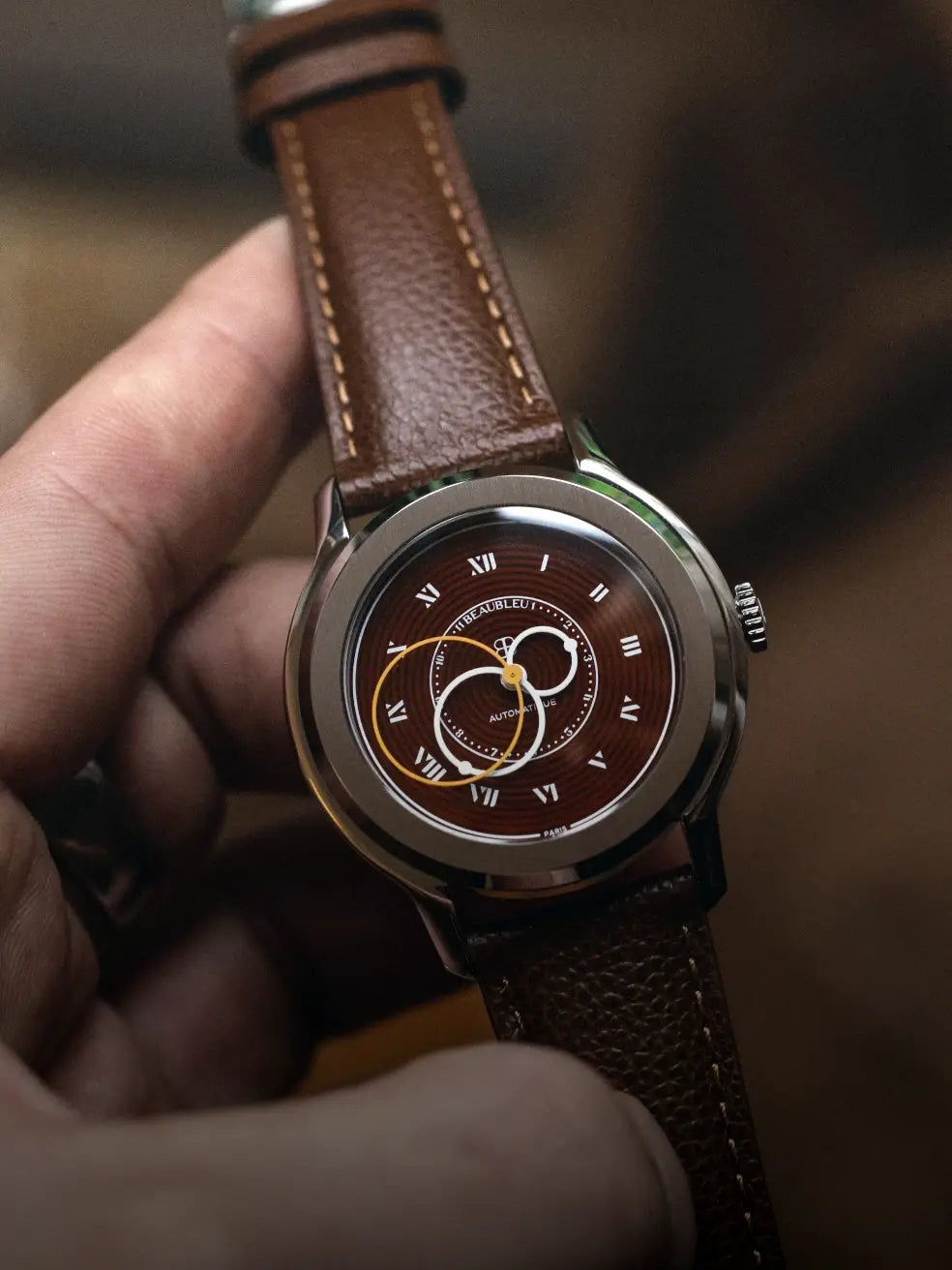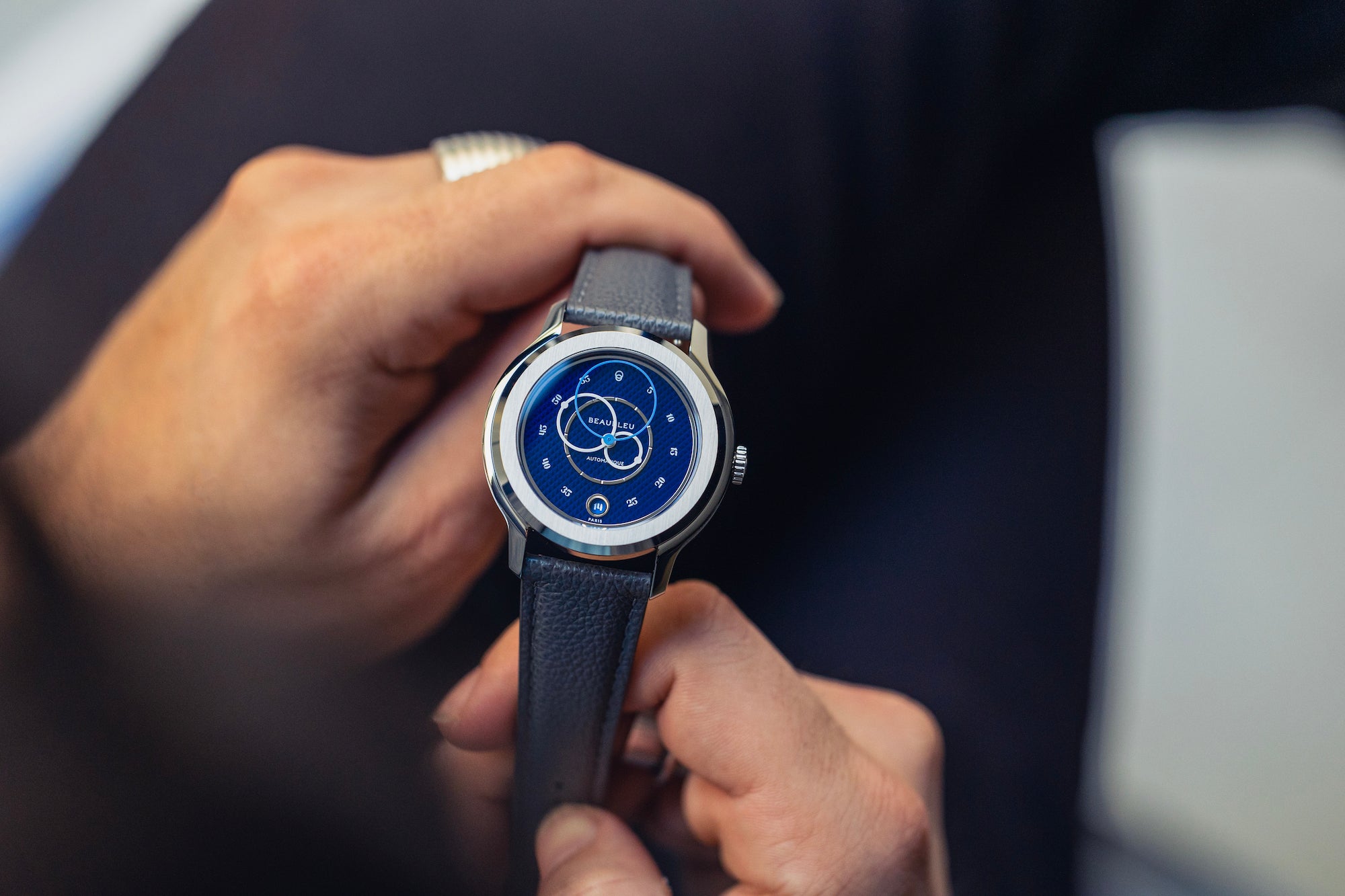
Watches and Precision
The subject of the precision of a mechanical watch sometimes sparks debate among watch enthusiasts. But what does an “accurate” watch mean? Should we attach the upmost importance to it? Not necessarily…
Watches and precision, what are we talking about?
In watchmaking jargon, precision refers to the ability of a watch to tell the time accurately, that is to say with a minimum of variation from the “real” time. The deviation which is expressed in “seconds per day” is measured upwards or downwards. The lower this is, the more precise the watch is.
Watches, precision and movement
The movement of a mechanical watch is made up of more than a hundred small components. Bridges, gears, screws and springs must work synchronously in order to ensure the watch performs its primary function: telling the time.
The precision of the automatic watch is guaranteed thanks to its winding mechanism, a system which allows the movement of the watch to be wound using the kinetic energy produced by the movements of the wrist.
This is how, by interacting in concert, all the components of the movement power the watch constantly and maintain the flow of energy necessary to guarantee its precision.
Watches and precision, several factors
Several factors, particularly due to our surroundings or the wear and tear of components, can influence the precision of a mechanical watch. The movements of the arm or the position of the watch when it is not worn will cause the precision to vary from one day to the next.
Magnetic fields, temperature and shock will affect the workings of the movement, cause an acceleration or decrease in its frequency and therefore vary its precision. Time is also a factor in the wear of the watch and therefore necessarily in its precision.
A completely natural phenomenon after several years of use. This is why it is recommended to have your watch serviced regularly to ensure that the components, oils and lubricants present inside remain in ideal working condition and can maintain precision at an optimal level.
Watches and precision, testing and certification
In order to guarantee the precision of their watches, watchmaking companies submit their pieces to daily deviation tests, positions, temperatures, resistance to shocks and magnetic fields, etc. before being put on sale on the market.
These tests can be carried out by independent organizations as part of certification processes (COSC, ISO standards, Fleurier quality, etc.). They are the guarantee of compliance with established standards, quality and precision of a mechanical watch.
Beaubleu guarantees the precision of all the watches in its collections to -7 +7 seconds per day.
Watches and precision, a real subject?
Certainly, it is important for a watch to give reliable time, and that it does not suffer from large variations in precision. This is obviously its primary function.
But is its extreme precision to the nearest second so important? The era of great discoveries is now over, connected measuring instruments have replaced mechanical watches to guide aviators and navigators on their epic journeys. In our daily lives, we often use our smartphone to check the time…exactly.
So is the fact that our watch varies by a few seconds per day essential? You can be the judge…
